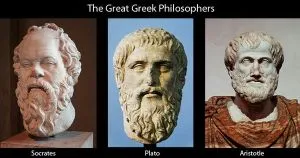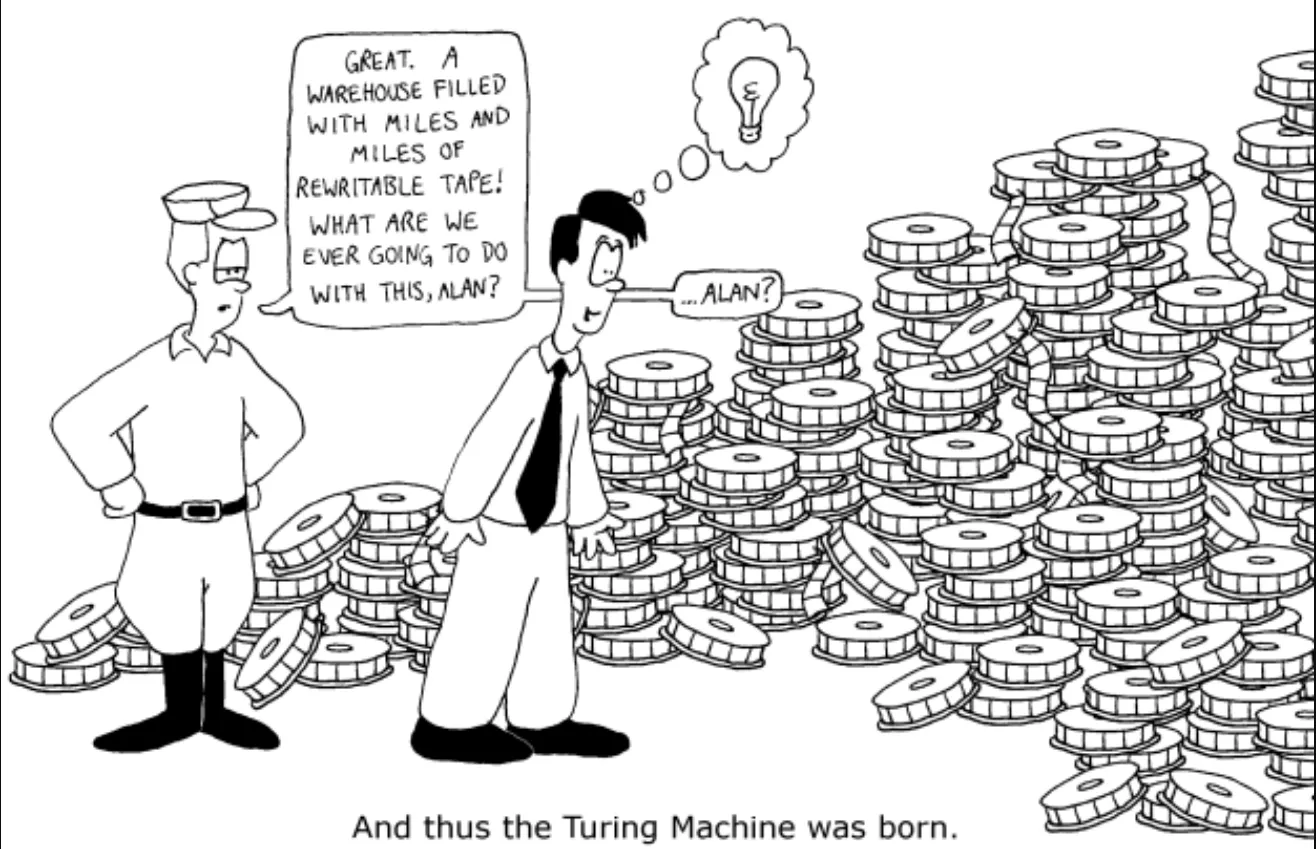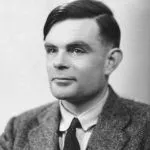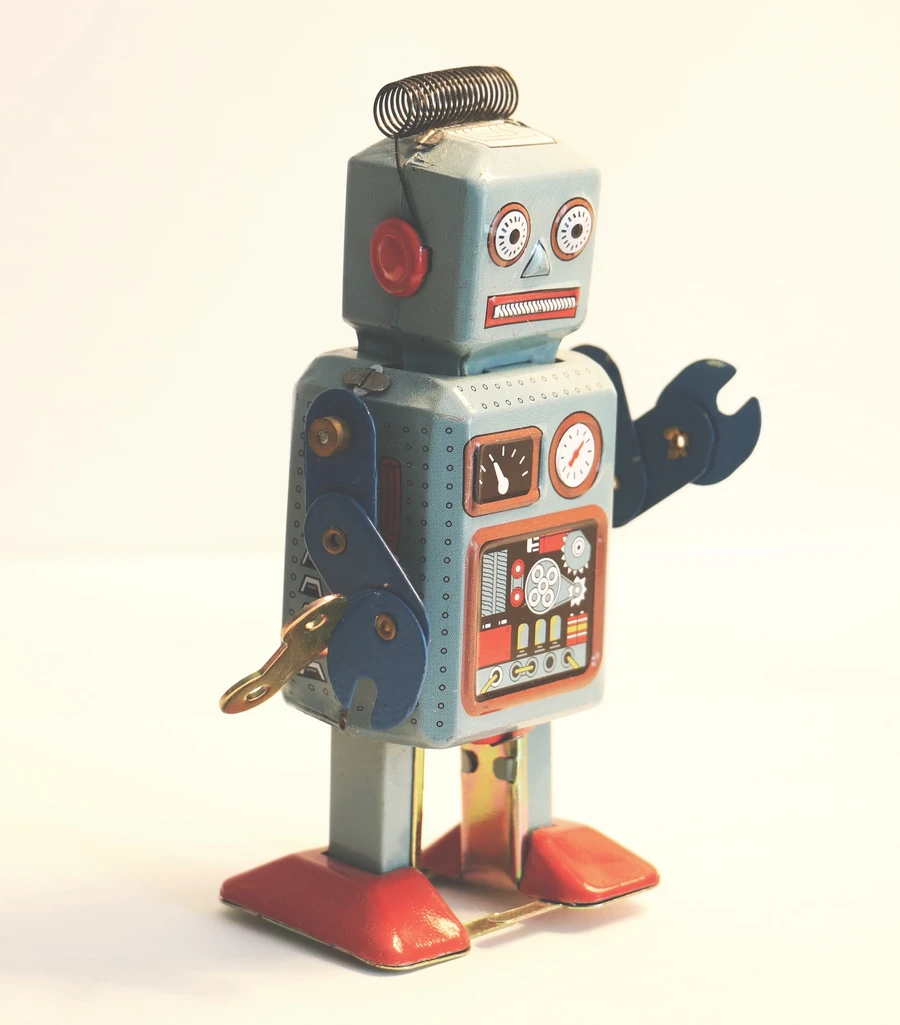Welcome to the first part of a series of articles based around Artificial Intelligence and Machine Learning. Together, we are going to embark on a journey surrounding the history of Artificial Intelligence and culminating in how it is shaping the very world we live in.
Artificial Intelligence (AI) is the theory and development of computer systems able to perform tasks normally requiring human intelligence, such as visual perception, speech recognition, decision-making, and translation between languages.
In a nutshell, it’s breaking down human intelligence into exact terms so it can be mimicked by a machine. To do this AI uses approaches from many different fields including Mathematics, Computer Science and Psychology.
History
The history of AI is intertwined with some of the greatest minds in human history, involved in setting up the foundations of thought and culture.

Philosophy (428BC - Present)
It makes sense to begin with Plato, his teacher Socrates and student Aristotle.
What is characteristic of piety which makes all actions pious… that I may have it to turn to, and to use as a standard whereby to judge your actions and those of other men.
This provokes an interesting examination into which characteristics and actions make man, well, … a man? Determining these could answer the question of mimicking man.
Mathematics (800 - Present)
Logic, initially introduced by Aristotle, became a Mathematical subject due to George Boole. Algorithms follows as the connection between logical thinking and Mathematical problem solving. “Algorithms is a process or set of rules to be followed in calculations or other problem-solving operations, especially by a computer”.
In 1650AD French Mathematician and Philosopher Rene Descartes and Wilhelm Leibniz discussed dualism and materialism. This was the concept of the mind and soul outside nature versus logical conclusions that, in modern society, can be carried out on mechanical devices.
Mathematics underpins AI. Godels Incompleteness Theorem, which asks whether mathematics is complete, showed that in any language expressive enough to describe the properties of the natural numbers, there are true statements that are undecidable; their truth cannot be established by any algorithm.

Without Alan Turing, the father of modern computing, no article on AI is complete. Godel’s idea’s were picked up by Alan Turing, who wanted to characterise which functions are computable. In 1936, the Church-Turing thesis stated that “the Turing Machine can compute any computable functions”, (with no guarantees on runtime or memory). Turing also showed that there were some functions that no Turing machine can compute. For example, no machine can tell, in general, whether or not a given program will return an answer on a given input, or run forever.
The third great contribution from Mathematics to AI (after logic and computation) is Probability Theory. In the 17th and 18th Century, Fermat, Bernoulli, Pascal, Laplace, amongst others, advanced probability. They did this from from describing the events of a gambling event, to become an integral part of quantitative science, in dealing with uncertain measurements and incomplete theories. Bayes’ rule, and the subsequent field of Bayesian analysis, form the basis of the modern approach to uncertain reasoning in AI systems.
Psychology (1879 - Present)
For most of the early history of AI and cognitive science, no significant distinction was drawn between the two fields, and it was common to see AI programs described as psychological results without any claim as to the exact human behavior they were modeling. In the last decade or so, however, the methodological distinctions have become clearer, and most work now falls into one field or the other.
Computer Engineering (1940 - Present)
For artificial intelligence to succeed, we need two things: intelligence and an artifact. Therefore as hardware in computers have improved, the possible capabilities for AI have improved alongside.
AI also owes a debt to the software side of computer science, which has supplied the operating systems, programming languages, and tools needed to write modern programs. This is one area where the debt has been repaid. Work in AI has pioneered many ideas that have made their way back to “mainstream” computer science, including time sharing, interactive interpreters, the linked list data type and automatic storage management. Also, some of the key concepts of object-oriented programming and integrated program development environments with graphical user interfaces have been contributed to by AI.
Linguistics (1957 - Present)
Modern linguistics and AI were “born” at about the same time, so linguistics does not play a large foundational role in the growth of AI. Instead, the two grew up together, intersecting in a hybrid field called computational linguistics or natural language processing, which concentrates on the problem of language use.

How Can we classify if a machine has artificial Intelligence?
In 1950, Alan Turing proposed the Turing Test, to determine whether a machine can demonstrate human intelligence, the basis of AI. The outline of the test is, a “judge” converses with two unseen participants, a person and a computer program through text-chat, and then decides which is man and which is machine. If the judge is just as likely to pick the computer as it is human, then the computer has demonstrated human intelligence. Originally, Turing suggested that the machine should be able to convince a human 30% of the time after five minutes of conversation.
The first machine to pass the Turing Test was a chatbot Eugene Goostman, created by Kevin Warwick in 2014, passing with 33%.
Examples of Artificial Intelligence
What is classed as AI changes as previous classifications become outdated. In the past a machine that could calculate basic functions or recognize text was said to have had artificial intelligence. However, we now take these functions as standard as part of a computers function.
-
Computers playing chess or Go (Google’s AI AlphaGo vs South Korean Lee Sedol)
-
Self-Driving Cars
-
Amazon’s Alexa
-
Virtual Personal Assistants - Siri, Google Now
-
Video Games
-
Online Customer Support
-
Security
Issues
There has been many debates in the scientific community and in the general public about AI. A common idea, played out in many Hollywood movies is the idea that an AI machine will become so advanced that we, mere humans, cannot compete. A perhaps, more disconcerting idea is that they will start to advance at an exponential rate (think I Robot or Terminator).
Another is how these AI machines, will be used. Could they be weaponized? Will they be used to hack people’s private properties? (cough NSA cough … Just a joke, don’t arrest me please!)
Finally, we get to the ethics surrounding AI. How do we measure intelligence or humanity? Should an AI machine should have the same rights as us? This is a very real problem, as of February 2017, Amazon are declaring that Alexa has the First Amendment Right of Free Speech.

Future
AI are already so integral in human lives and that dependency we have on them is only going to increase.
They keep us safe, keep us organized, keep us informed and in the future they could become part of us. We may be able to use AI to enhance ourselves, (like Cyborg from DC Comics, not the rigid Doctor Who Cyberman) AI could be used to enhance, not only our physical abilities, allowing us to run faster, jump higher, live longer, but potentially increase our metal capabilities, making us smarter, more creative etc (I’d recommend reading Nexus by Ramez Naam where the world is able to take a drug that allows them to have an OS in their brains, connecting minds to minds. Ramez, my check’s in the post … right?)
Other possibilities, include using AIs to solve world problems, climate change, wars, mis-management of resources … mainly problems we’ve caused. No wonder in most movies the robots rise up against us.
Continue the journey here, to Machine Learning.








